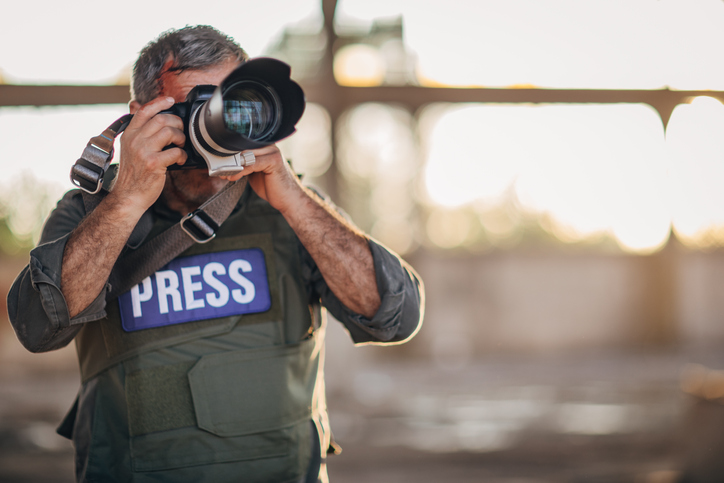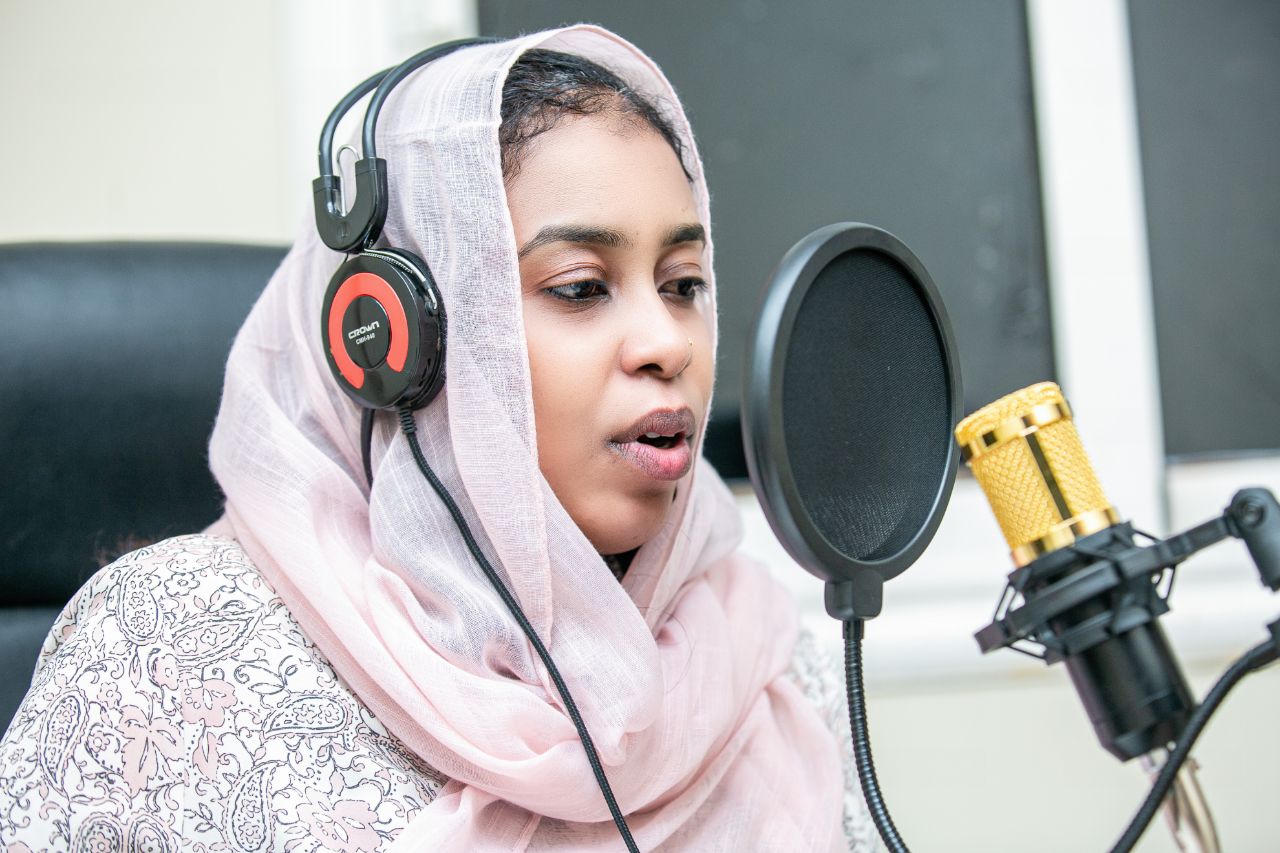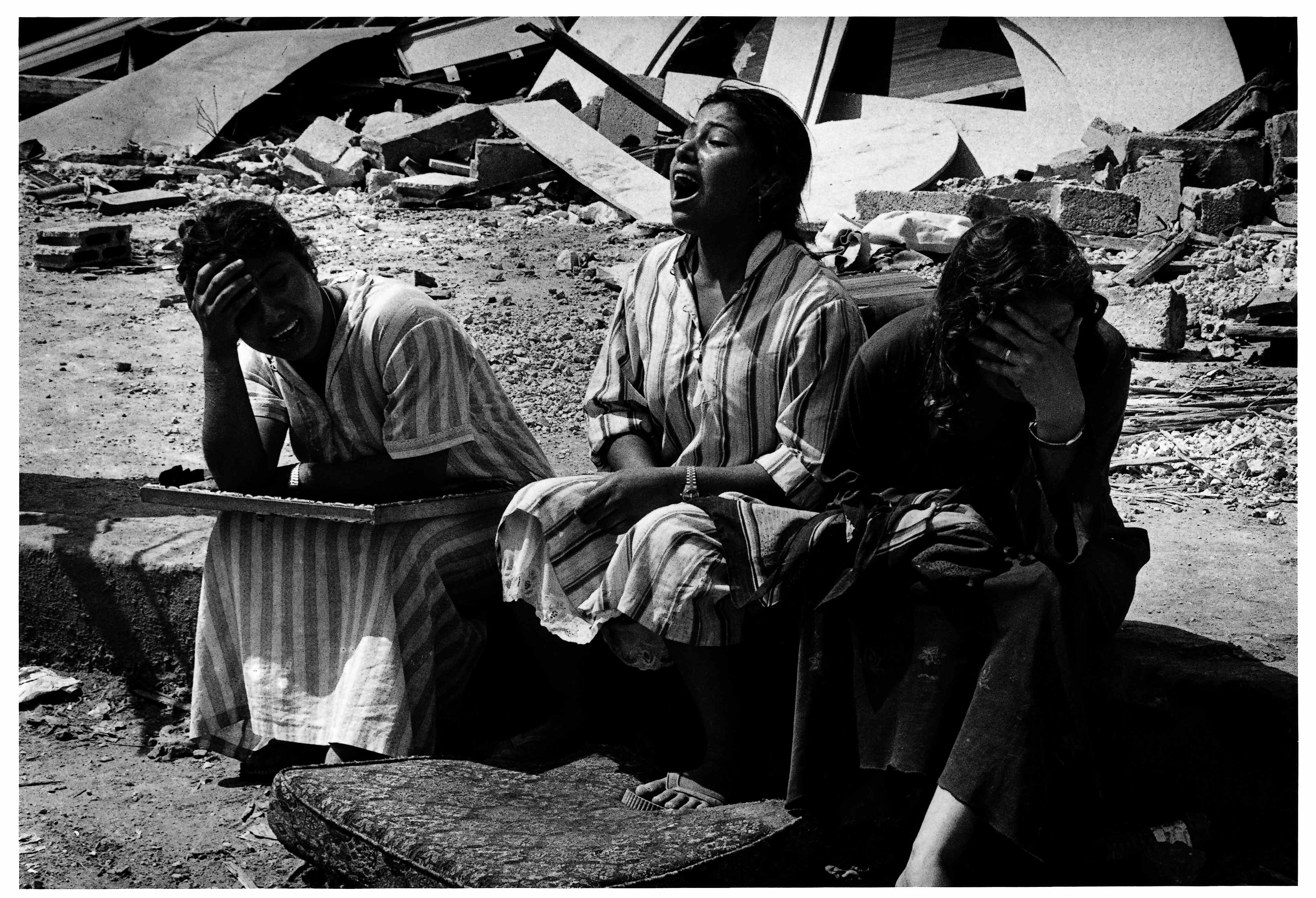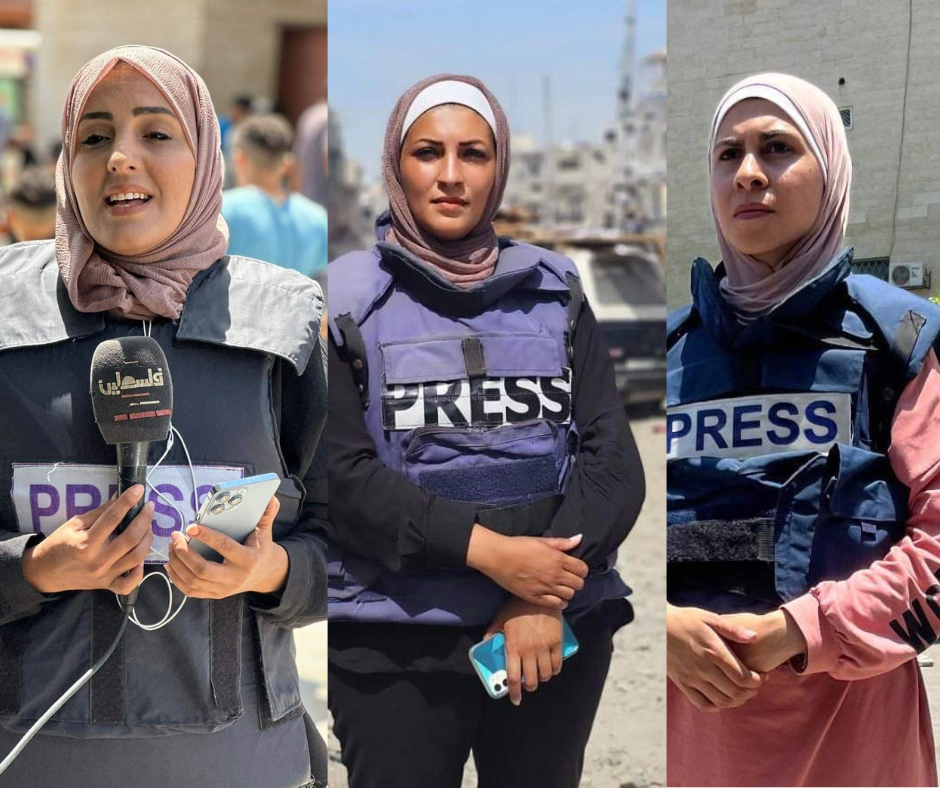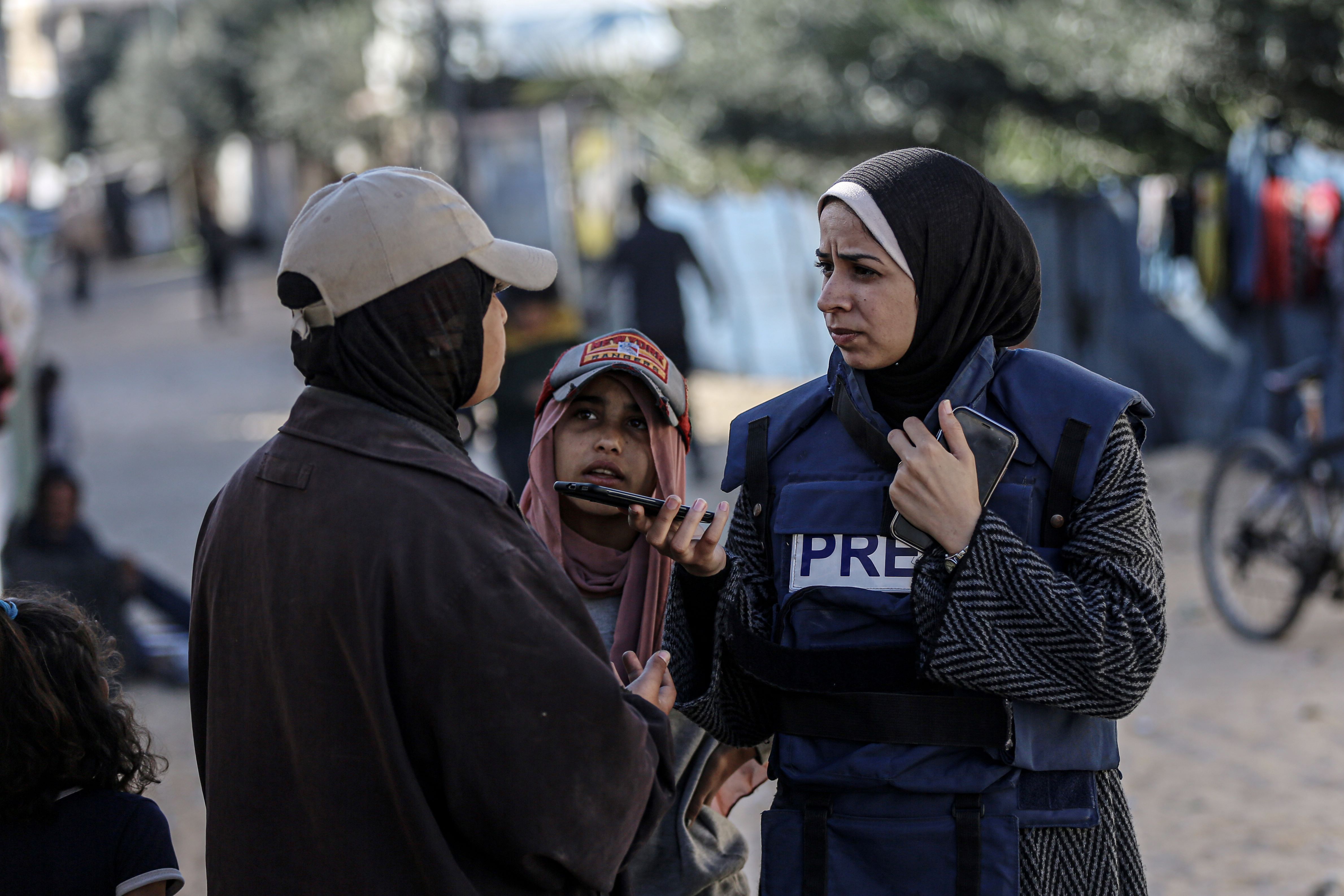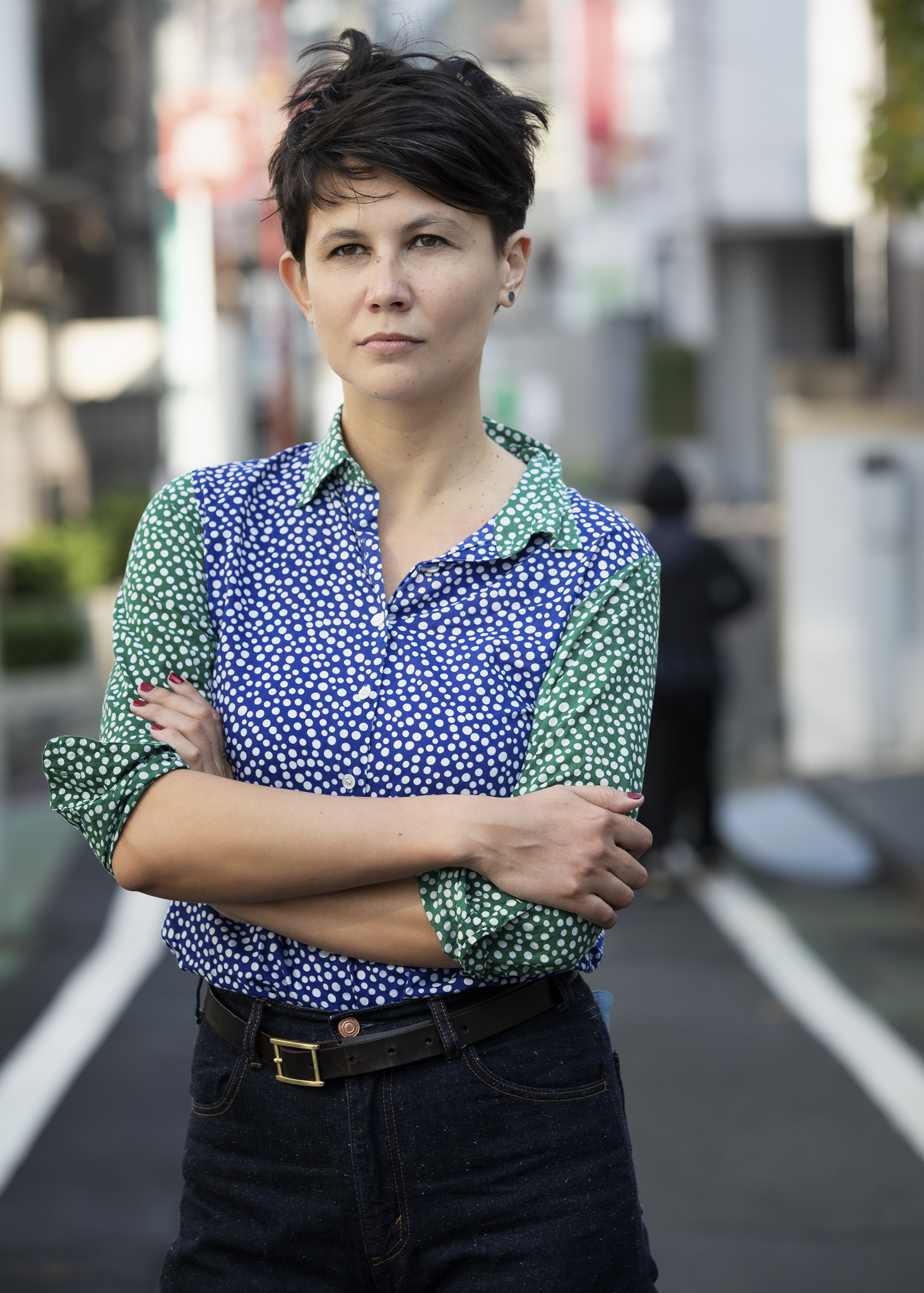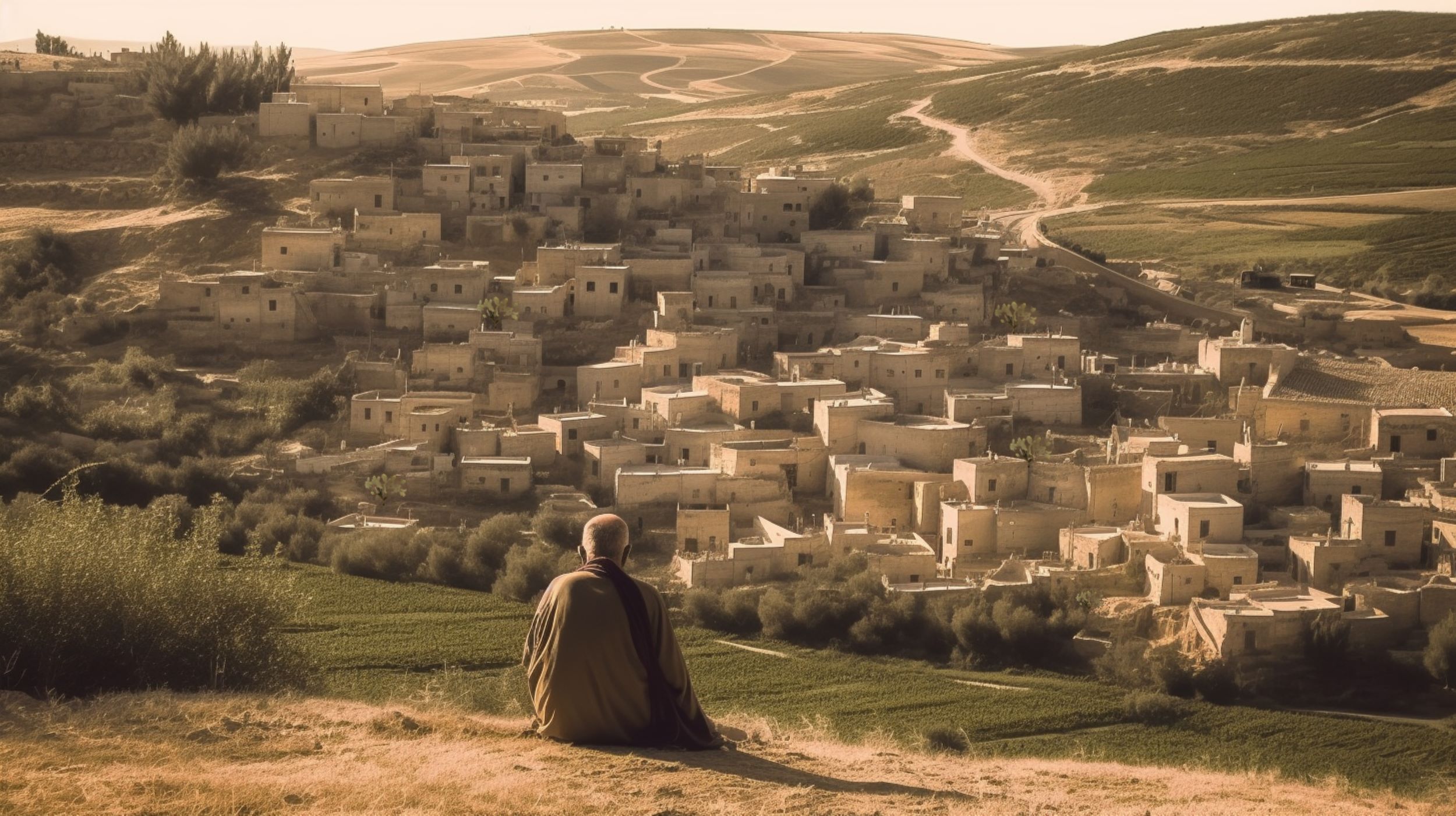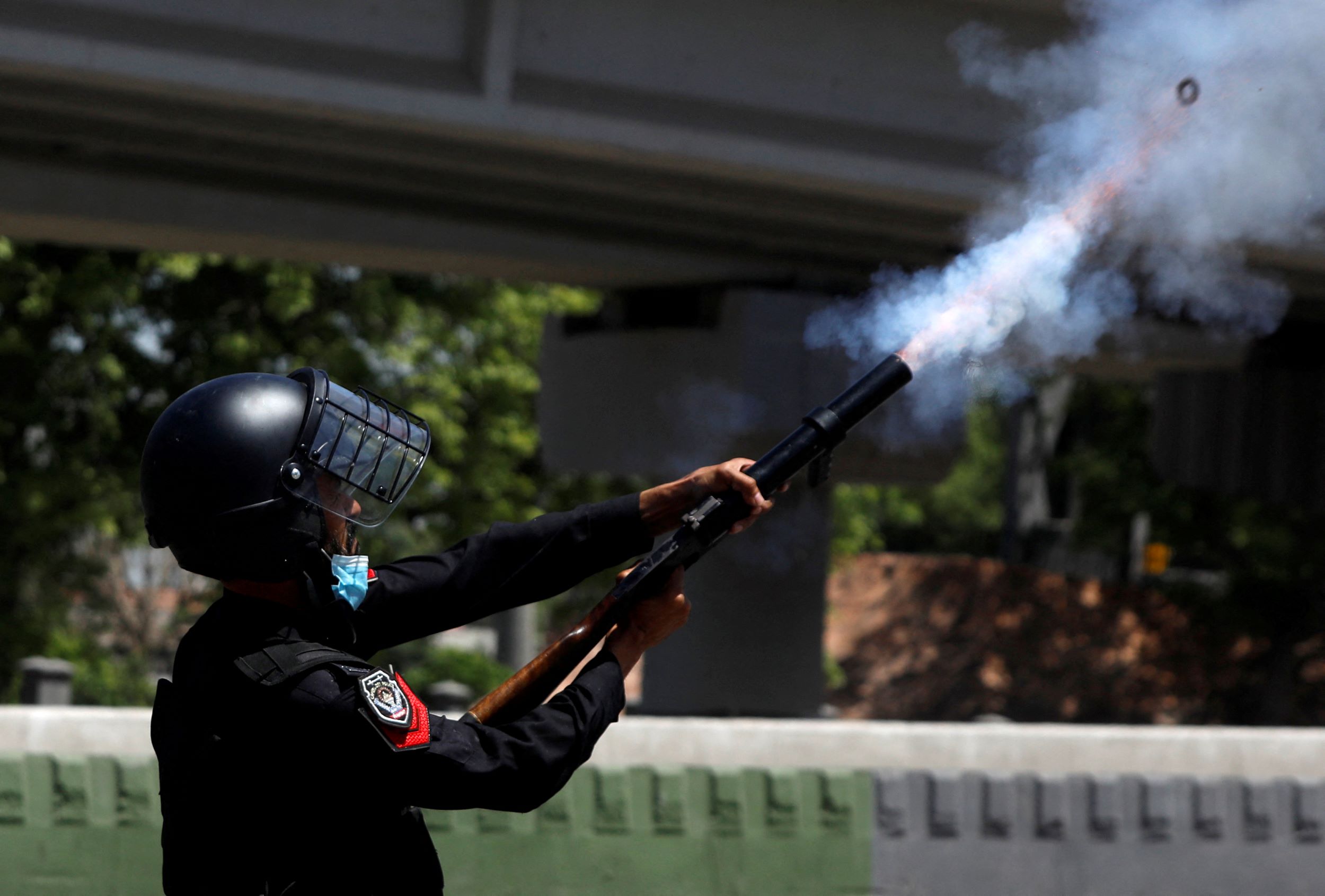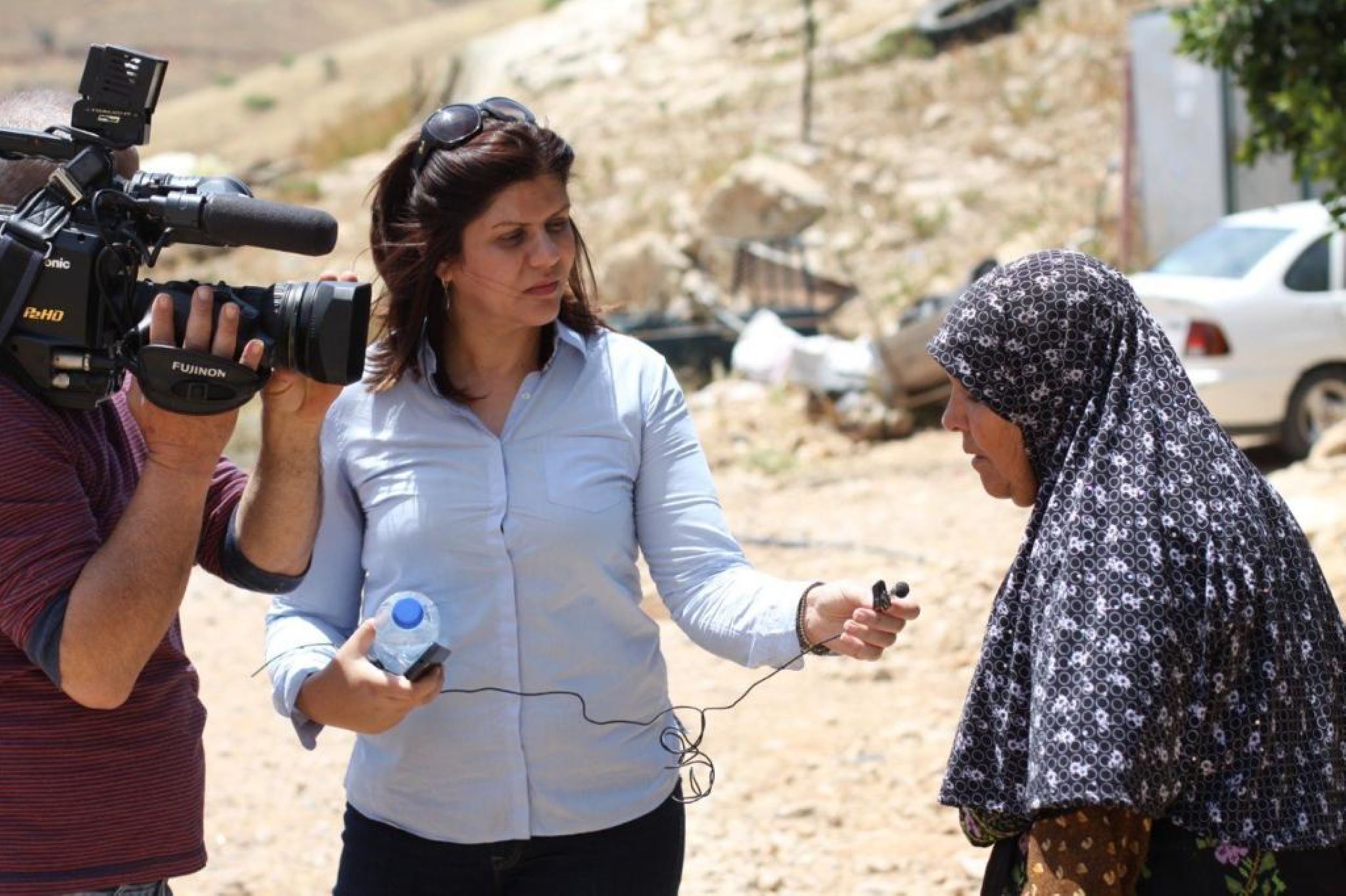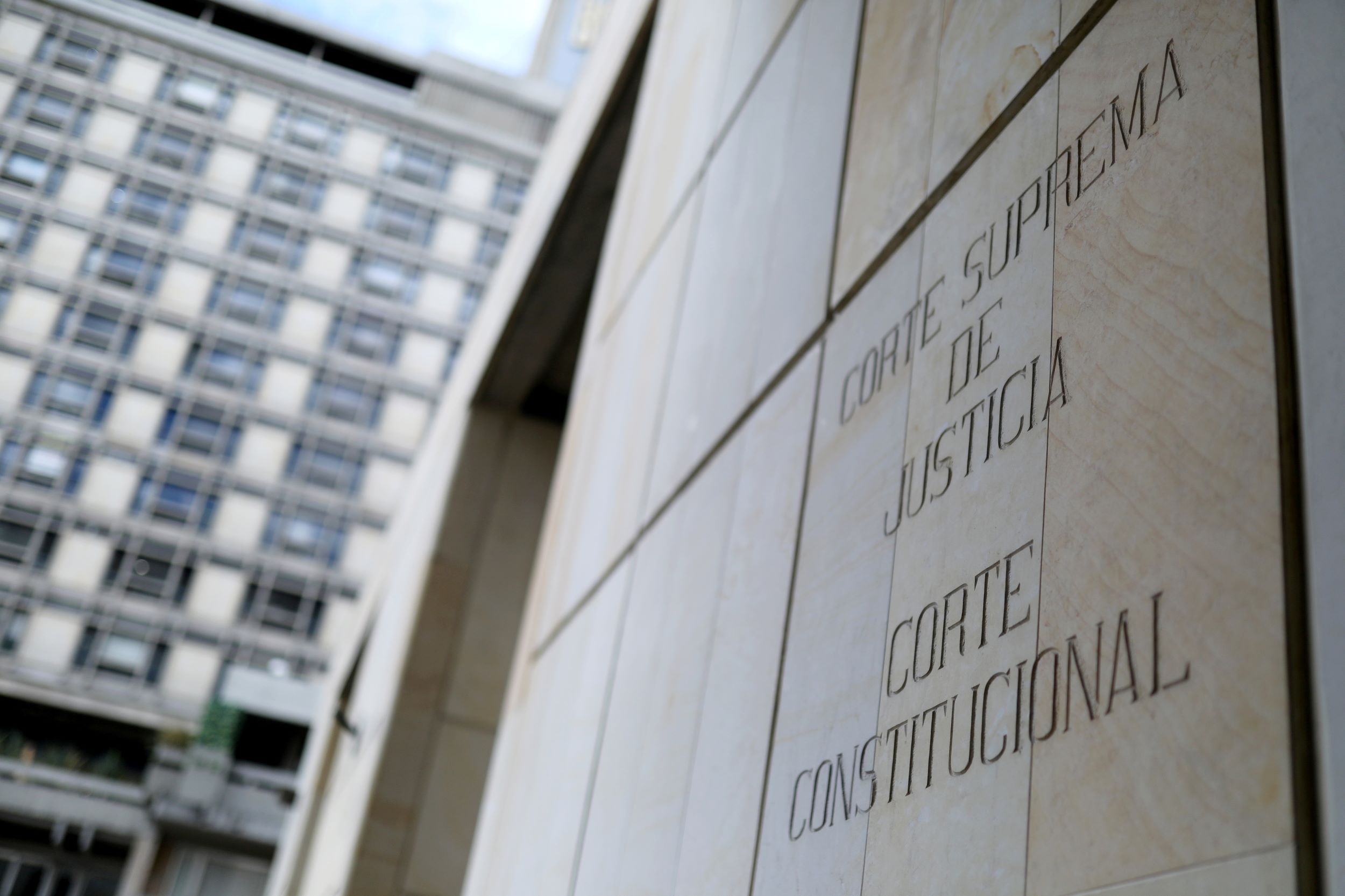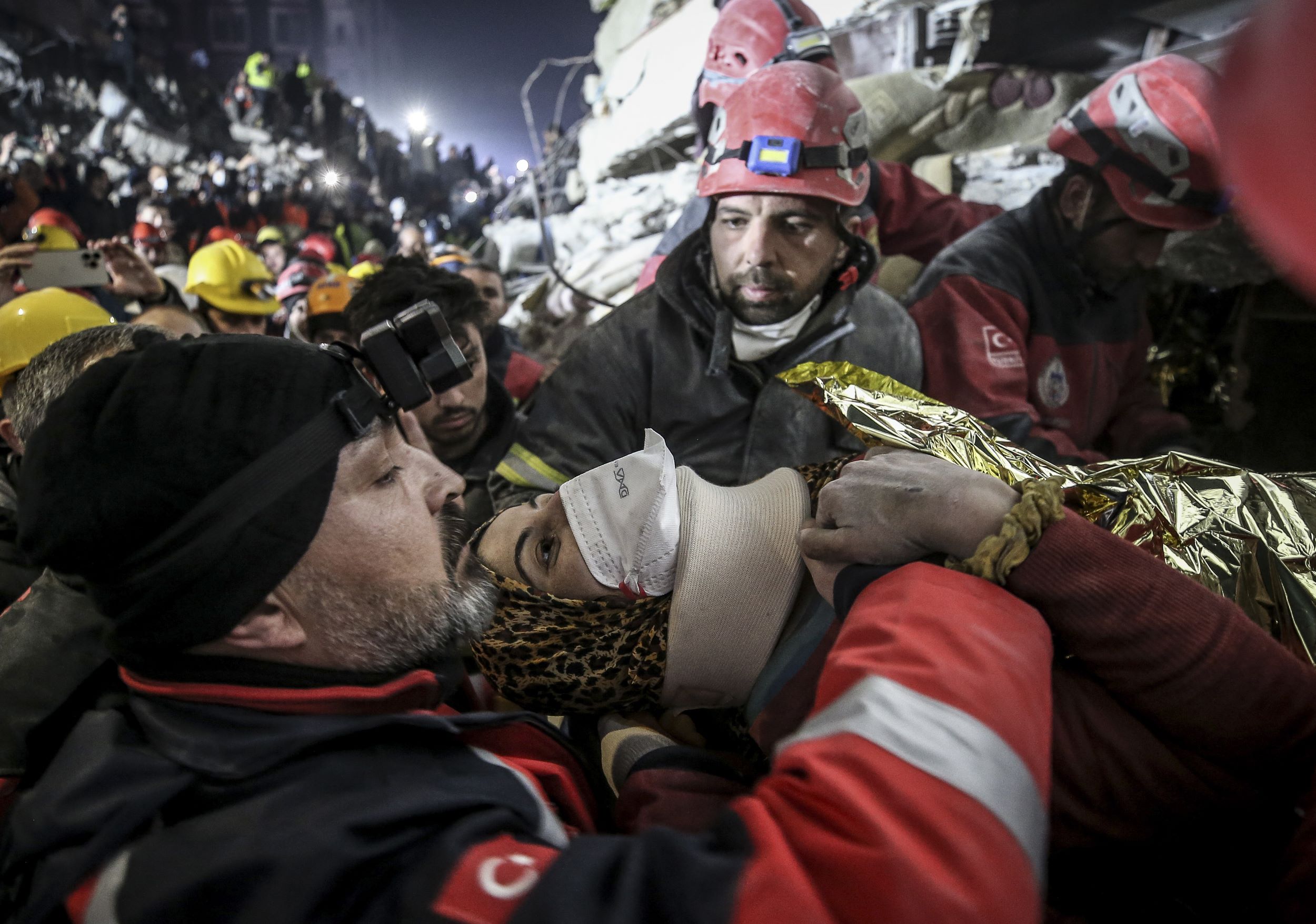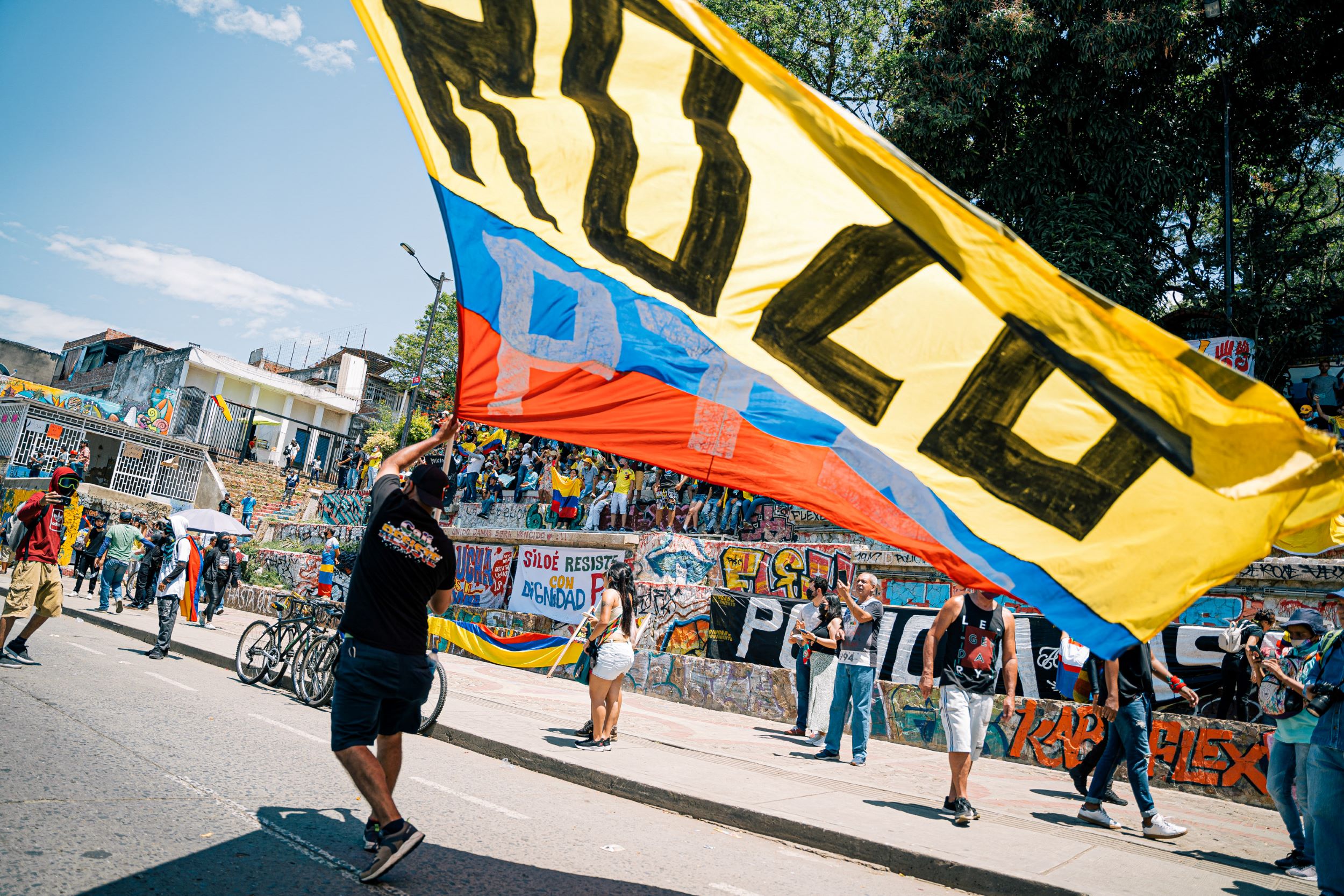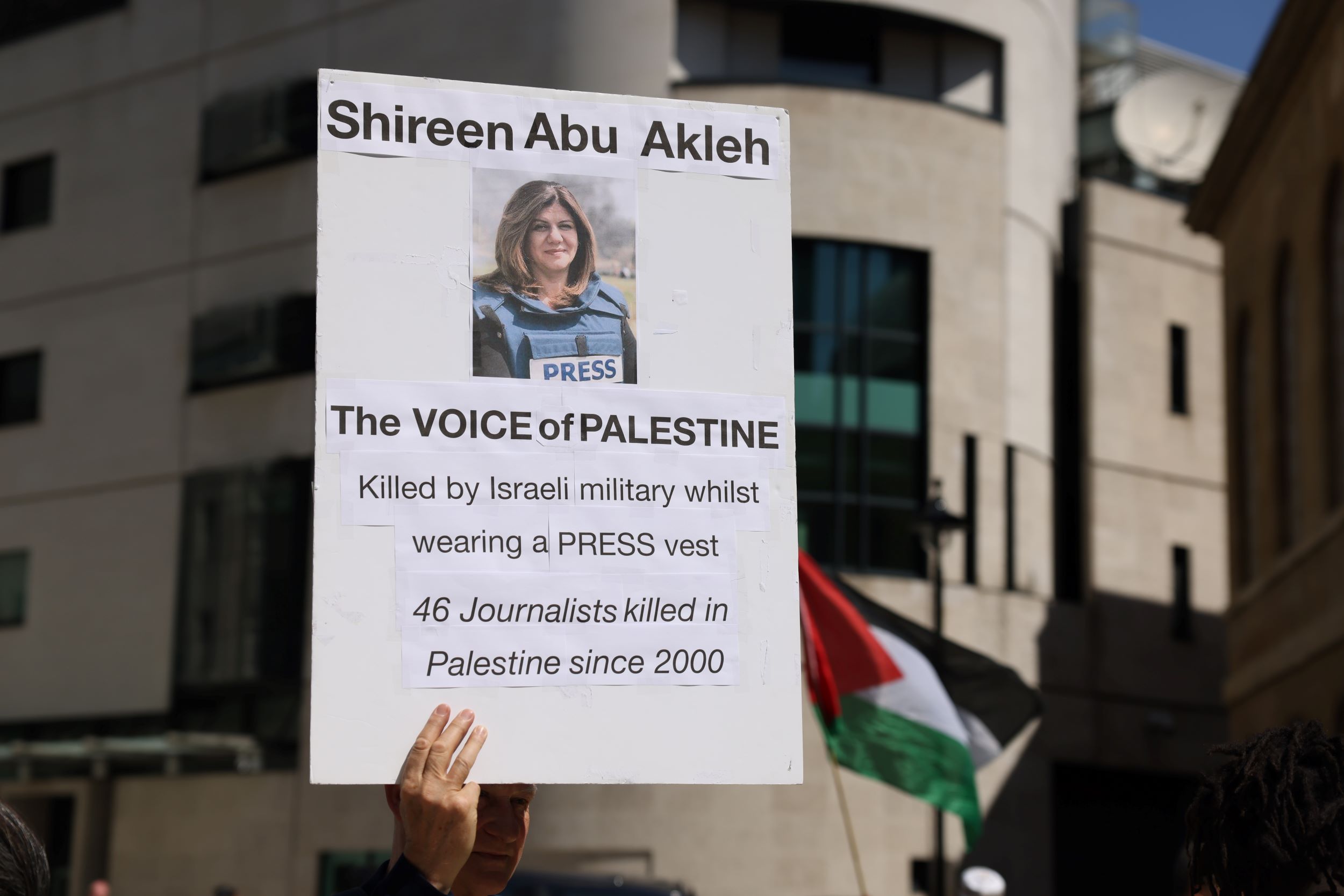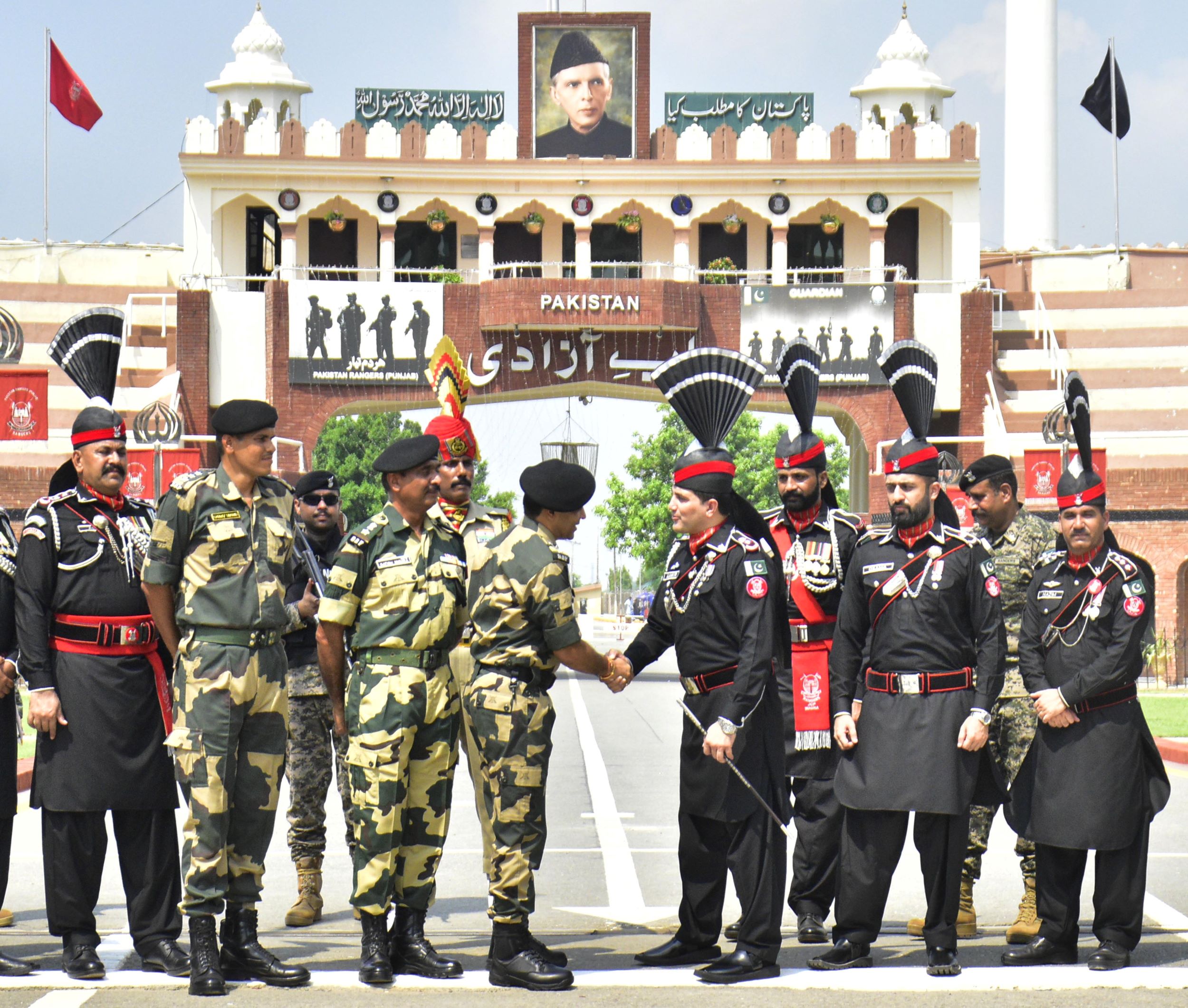مع تطور الأحداث في أفغانستان، وسيطرة حركة طالبان على البلد، سارعت القنوات العالمية والعربية إلى إرسال فرق صحفية لتغطية ونقل الأخبار أولا بأول..
ميدان غريب على مراسلين يطؤون أرضاً عرفت بالحروب على مدار عقود، من الحرب السوفيتية إلى حكم طالبان الأول ثم الاحتلال الأمريكي وصولا إلى عودة طالبان للحكم، ما دفعني إلى التساؤل عن هذه التجربة وتفاصيلها، والعقبات ونسبة الخطورة التي يواجهها الصحفيون قياسا بالحصول على المادة الصحفية.
الزميل إيهاب العقدي مراسل الجزيرة في لبنان غادر بيروت قبل أكثر من شهر متوجها إلى كابل، للمساعدة في تغطية التطورات هناك، يقول إن كل التغطيات الميدانية يجب أن يسبقها تخطيط يقوم على دراسة الواقع السياسي، والمخاطر الأمنية في الميدان، وقياس مدى قدرة الفريق على تذليل أي عقبة للقيام بالواجب المهني وفق مقترحات التغطيات والتقارير وغيرها.
وعن تجربته في التحضير للتغطية يقول: "التخطيط المسبق يذلل العقبات وهذا ما تدربنا عليه وتمرسنا عليه كمراسلين ومصورين وتقنيين، لكنه لا يبدد القلق الذي سرعان ما يتلاشى مع أول تغطية ميدانية، ولا يلغي بعض الإجراءات التي اتبعناها كوقف التحركات ليلا".
موفد آخر شارك في تغطية الأحداث بكابل على مدى أكثر من عشرين يوما، هو إبراهيم مسلماني، مصور صحفي يعمل في شركة خدمات إعلامية بتركيا تجول في الكثير من دول العالم وغطى العديد من الأحداث السياسية والأمنية والرياضية، تحدث لنا عن إجراءاته الخاصة التي يتخذها قبل سفره إلى أي بلد جديد. يقول مسلماني إنه يقرأ عن البلد وتقاليده ويحاول فهم طبيعة وعادات السكان كي يكون على دراية تامة مع من سيتعامل وكيف يتعامل، حذَرا من الوقوع فيما يعتبرونه هناك محظورا أو خطأ، حسب تعبيره.
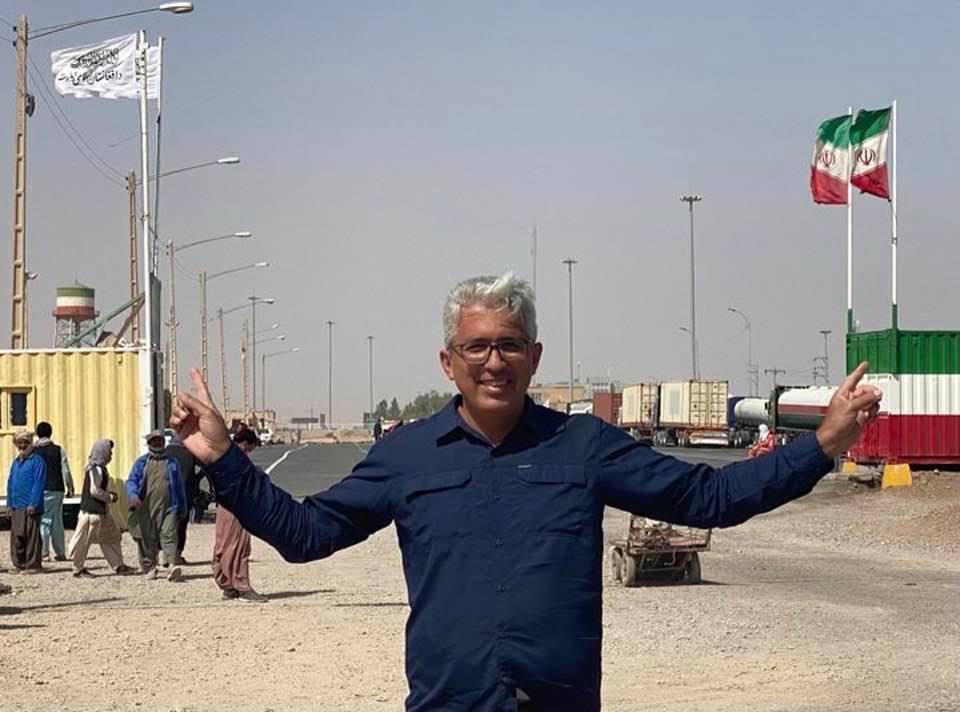
العقبات والمشاكل
أما الزميل علي رباح، مراسل تلفزيون العربي في بيروت، الذي انتقل إلى كابل قبل نحو شهر للمشاركة في تغطية الأحداث، فقد تحدث عن حرية العمل وتقييد عمل الصحفيين في العاصمة الأفغانية.
يقول رباح إنه لم يواجه أي مشكلة في التصوير في كابل بل على العكس وجد الأبواب مشرعة أمامه، ووجد تعاوناً ملحوظاً مع الإعلام العربي من قبل عناصر طالبان مبرزا أنه "يمكن لأي صحفي زيارة أي وزارة دون موعد محدد وإجراء مقابلة مع المسؤولين مباشرة دون وسيط".
انطباع رباح ينسحب أيضا على إيهاب العقدي الذي يقول إن "حركة طالبان لم تقم بأي إجراءات تقيد عمل الصحفيين بل على العكس أصدرت تصاريح تعطى للصحفيين لإبرازها عند أي حاجز"، قبل أن يردف أن الحركة حذرت الصحفيين من التوجه لأماكن خطرة وقعت فيها تفجيرات عقب الهجمات التي قام بها تنظيم الدولة في عدد من الولايات الأفغانية".
هذه التسهيلات لم يكن يتوقعها العقدي بل إنه كان يتوقع منعا من طالبان لتحركات الفريق "لكنهم تحركوا بحرية في كابل وهيرات وعند الحدود الأفغانية الإيرانية".
الأسئلة الحرجة
وعند الحديث عن أفغانستان وسيطرة طالبان على البلد، لا بد لأي صحفي مهني أن ينقل الأسئلة الحرجة التي تطرح هنا أو هناك في محاولة للحصول على إجابات واضحة. يقول مراسل الجزيرة "إن طالبان أصبحت هي الحكومة ولديها متحدث باسمها، والمسؤولون يتحدثون في مؤتمرات صحفية وهم منفتحون على كل الأسئلة أيا كانت، في السياسة وعلاقات الحركة الخارجية ورؤيتها لبناء الدولة، حتى عن المرأة ودورها وحقوق الإنسان".
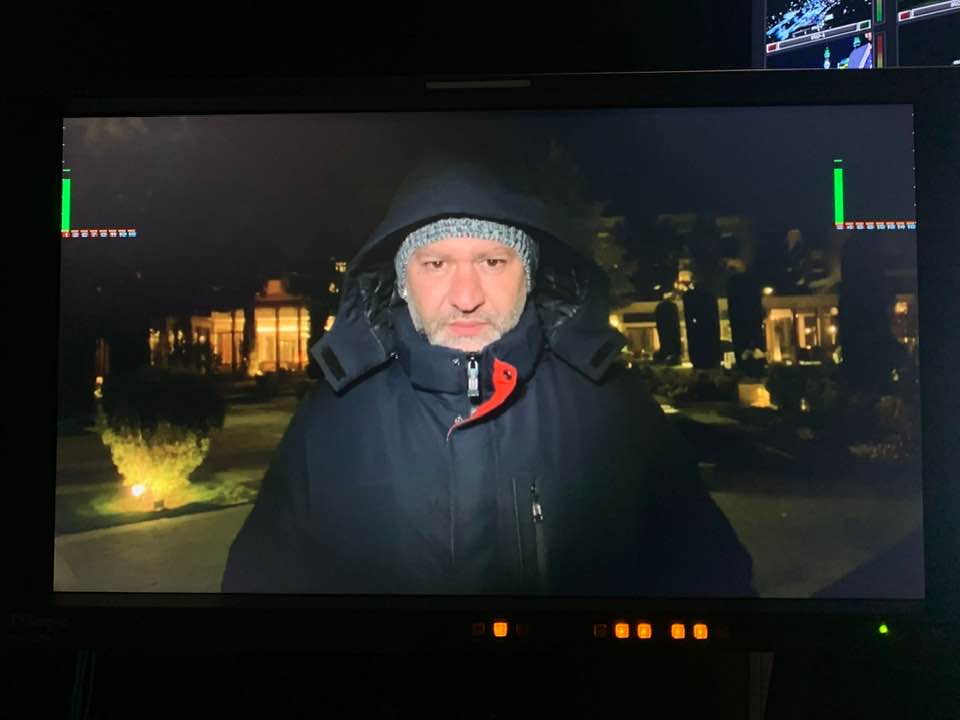
من جانبه يقول مراسل العربي علي رباح إنه لمس تقسيما واضحا للأدوار بين مسؤولي طالبان بشأن المواضيع المختلفة التي تطرح عليهم، لكنه بالمقابل لاحظ وجود حساسية من بعض الملفات، فعلى سبيل المثال "حينما سئلت اللجنة الثقافية للحركة عن موضوع الموسيقى تهربوا من السؤال مؤكدين أن الأولوية الآن للأمن والاقتصاد ثم يمكن التفكير بمواضيع أخرى".
تجربة مصور
ولا يكتمل المشهد دون مصور ينقل بعدسته ما يحدث على الأرض وهو جزء أساسي من العمل الصحفي، وبالتالي لا بد من السؤال عن حرية التصوير في كابل بعد سيطرة طالبان. يقول المصور الصحفي إبراهيم مسلماني إن حرية التنقل والتصوير في كابل متاحة لأي شخص يحمل التصاريح ولم يتم منعهم من تصوير العناصر المسلحة لطالبان في الشوارع وهم يحملون الأسلحة الرشاشة.
ويحكي عن هذه التجربة: "إن الضوابط على التصوير فرضت فقط في مناطق شهدت اشتباكات كوادي بانشير وكانت تحتاج إلى إذن خاص من مسؤول المنطقة بناء على تقييم الوضع هناك، فضلا عن بعض الأحياء التي رفض أهلها التصوير لأسباب دينية وغيرها".
ورغم كل هذه التسهيلات فإنه كان على وشك الموت بسبب فضّ مسيرة نسائية يضيف مسلماني قائلا في هذا الصدد: "كنا ننقل على الهواء مباشرة من على سطح الفندق مسيرة لدعم حقوق المرأة، فقام عناصر طالبان بتفريقها بإطلاق النار بالهواء، وقد شاهد بعض المسلحين الكاميرا الموجودة على السطح فأطلقوا النار عليها بكثافة لمنعها من نقل الحدث وهو ما تسبب بأضرار كبيرة دون وقوع إصابات".
دروس الزيارة
ومثل أي تجربة جديدة، لا بد من وجود دروس مستفادة. يؤكد إيهاب العقدي أن زيارة أفغانستان تدفع الصحفي إلى البحث المعمق عن هذا الشعب الذي استطاع إخراج أعتى قوتين من أرضه هما الاتحاد السوفياتي والولايات المتحدة الأمريكية، أما على المستوى المهني فأضاف أنه قرر منذ اللحظة الأولى عدم الحكم على طالبان إلا وفق أعمالهم وليس بناء على أحكام مسبقة، مشيرا إلى أن "الوقائع بينت أن الحركة تغيرت على الرغم من بقاء جزء كبير من الحرس القديم في مفاصل أساسية، وهو ما يرتب مقاربة المعطى الأساسي الذي كونته بكثير من الحذر مستقبلا".
ويرى علي رباح أن الزيارة أضافت له الكثير، معتبرا أنها من أهم الأماكن التي يمكن أن يزورها أي صحفي، "فالمشاهدة العينية لهذا البلد تنسف كل الدعاية الإعلامية العالمية حوله وهو ما يسمح بإعادة كتابة هذا البلد في العقول من جديد".
